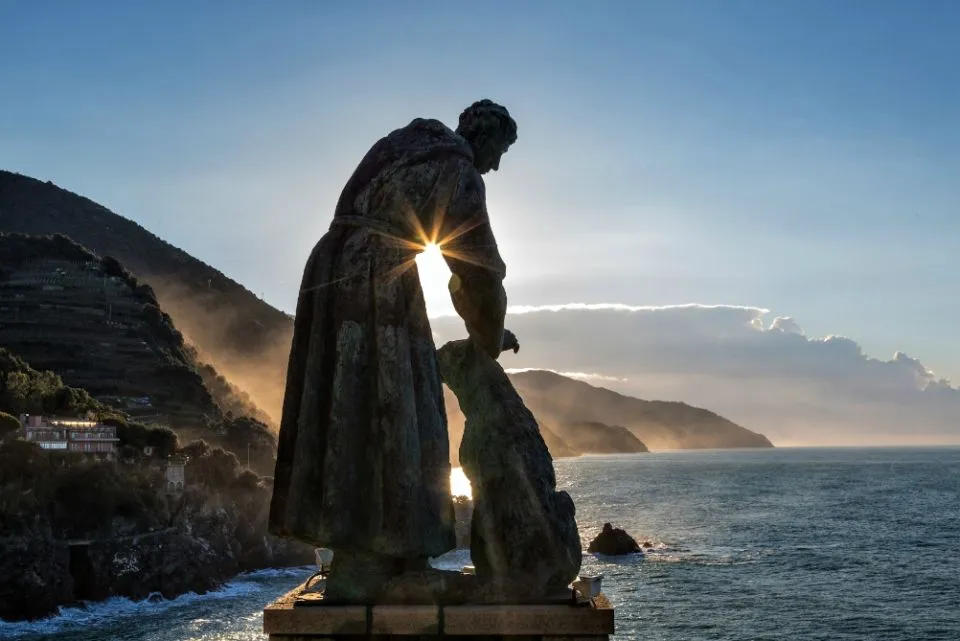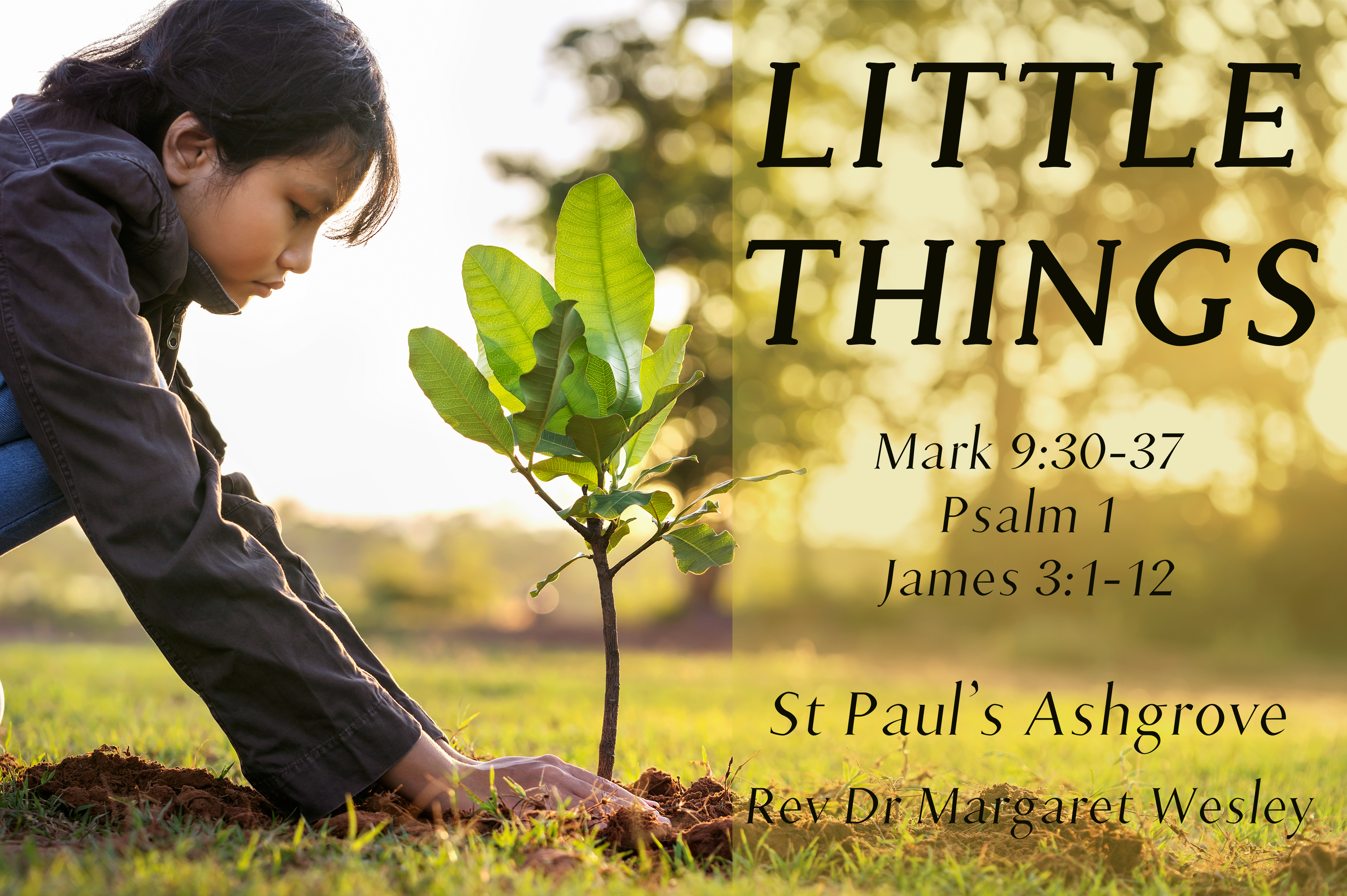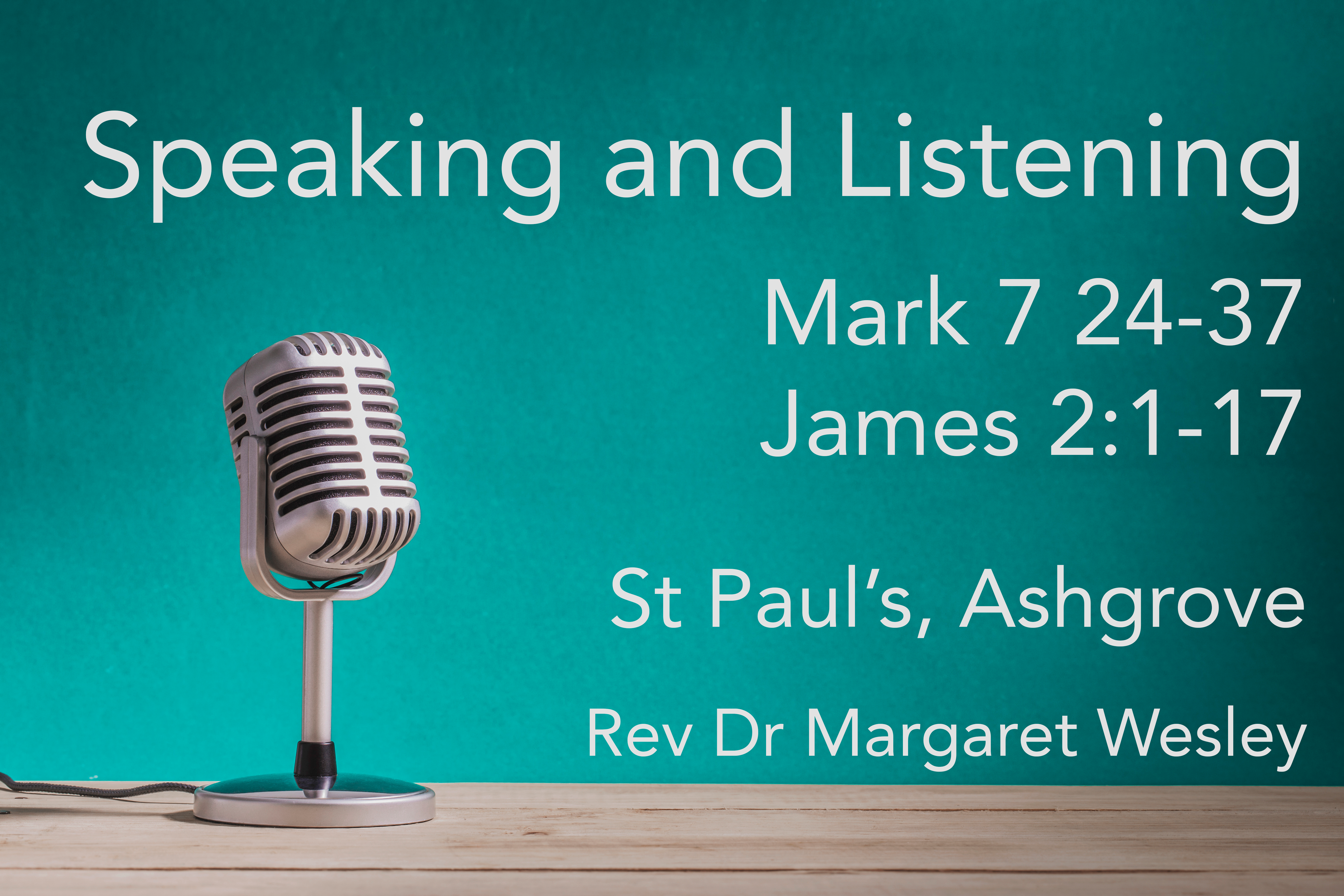“Happy families are all alike; every unhappy family is unhappy in its own way.” So begins Anna Karenina, Tolstoy’s insightful novel about the depths of suffering that we inflict on vulnerable people when we get our marriage and divorce laws wrong. He pointed towards the variety of ways that husbands in his (nineteenth century Russian) culture were able to use their legal and political power to make their wives miserable, while there was (and always has been) just one way for a family to be happy - love.
So, the disciples have been arguing again! This time it is about who is the greatest. They were following Jesus on his way to Jerusalem to become king. The hopes, fears and ambitions that had brought each of them to that path took personal shape in each of their minds with the question: Which one of us will be his right hand man? Who is going to be his 2IC?
In today’s Gospel reading, we find Jesus healing two very different people in two very different ways, and they are tied together by a beautiful, uncomfortable and challenging interweaving of listening and speaking.
Rev Pam Hynd's sermon for Christmas Day
Rev Pam Hynd's sermon for Advent 3
Rev Pam Hynd's sermon for Christ The King
Rev Pam Hynd's sermon for Pentecost 26
Rev Pam Hynd's sermon for Pentecost 25
Rev Nicholas Whereat's sermon for Pentecost 23
Rev Pam Hynd's sermon for Season of Creation 5


